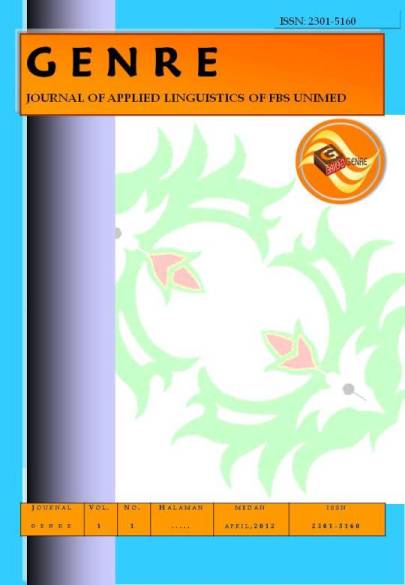Navigating the Future of Translation: A Descriptive Qualitative Comparison of DeepL and Google Translate in Translating High School Social Texts
DOI:
https://doi.org/10.24114/gj.v14i2.68242Abstract
This descriptive qualitative study investigates the translation performance of two prominent machine translation (MT) tools—DeepL and Google Translate—in the context of high school-level social texts in Indonesia. Five Indonesian texts covering topics such as environment, culture, education, and digital behavior were translated into English using both tools. The translations were assessed by human evaluators based on three key criteria: accuracy, fluency, and contextual appropriateness. The study also incorporates theoretical perspectives on neural machine translation and its role in education to frame the analysis. Findings indicate that DeepL consistently outperforms Google Translate, especially in fluency and contextual sensitivity, although both tools have strengths and limitations. This research contributes practical implications for language educators and students in using MT critically and effectively in learning environments.Downloads
Published
2025-04-24
Issue
Section
Articles
License
Copyright (c) 2025 Nurmahyuni Asrul, Azizah Husda, Fachri Yunanda

This work is licensed under a Creative Commons Attribution-NonCommercial-NoDerivatives 4.0 International License.
Authors who publish with this journal agree with the following terms:
- Authors retain copyright and grant the journal right of first publication with the work simultaneously licensed under a Creative Commons Attribution License that allows others to share the work with an acknowledgment of the work's authorship and initial publication in this journal.
- Authors are able to enter into separate, additional contractual arrangements for the non-exclusive distribution of the journal's published version of the work (e.g., post it to an institutional repository or publish it in a book), with an acknowledgment of its initial publication in this journal.
- Authors are permitted and encouraged to post their work online (e.g., in institutional repositories or on their website) prior to and during the submission process, as it can lead to productive exchanges, as well as earlier and greater citation of published work (See The Effect of Open Access).
- This work is licensed under a Creative Commons Attribution-ShareAlike 4.0 International License.







.png)


